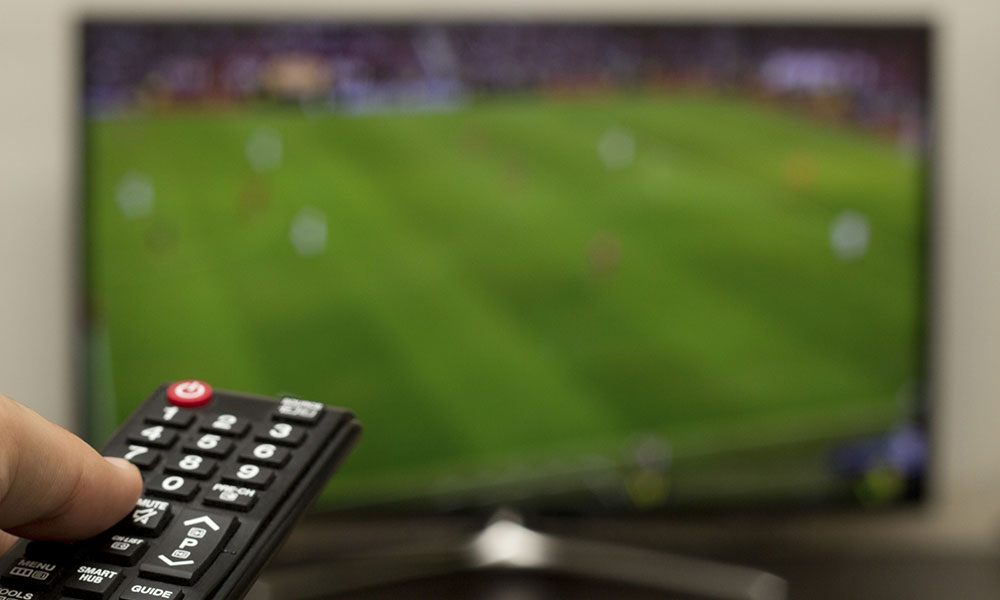
Cable Association Challenging Set-Top-Box Competition
With possible support from the FCC, companies like Google could change the set-top-box market, but telecommunications groups are advocating an alternative.
The ubiquitous set-top box will likely become a controversial topic in the coming months.
If you have cable, there is a 99 percent chance you have a set-top box. It’s the device that receives data from your provider and sends content (i.e., TV shows and movies) to your television.
Customers rent the boxes from cable companies for a monthly fee. Those customers access their television package via the set-top box. The 1 percent of folks who use third-party set-top boxes pay a monthly fee for a card that provides access to content.
This simple technology costs the average American cable customer $231 per year, according to data collected from pay-TV programming distributors by Sens. Edward J. Markey (D-MA) and Richard Blumenthal (D-CT). Their inquiry also found that set-top-box rentals generate $19.5 billion in revenues annually.
If cable customers want to access content outside of their subscriptions—think Netflix, iTunes, Google Play, etc.—a separate device or a smart TV is needed.
Here’s where the issue gets sticky.
By forcing customers to rent set-top boxes, cable companies can control the content the boxes deliver, based on the customers’ subscriptions. The companies’ right to do so is protected by the government, but that could be changing soon. The Federal Communications Commission (FCC) is reviewing the standards that make these mandatory rentals possible, and groups from both sides of the issue are rallying their arguments.
National Cable & Telecommunications Association (NCTA) Vice President Brian Dietz told BloombergBusiness that “the market is working without government intervention.”
https://twitter.com/NCTACable/status/647445262588362752]
NCTA believes that consumers already have plenty of options when it comes to content and hardware. Cable customers can use their logins to access cable content on devices such as the Apple TV and the Roku as well as on smartphones and tablets.
But, as advocates for increased competition argue, those customers still pay for a set-top box, whether or not it’s used. Chip Pickering, CEO of Comptel: The Competitive Communications Association, calls the cable companies’ practices “archaic.”
“The movement to free customers from the shackles of the cable set-top box will open the door to consumer freedom and more competition,” Pickering said in a press release.
The technical issues are addressed in detail in a lengthy report [PDF] of the FCC’s Downloadable Security Technology Advisory Committee. The agency opened the report for public comment on August 31.
(-goldy-/Thinkstock)





Comments